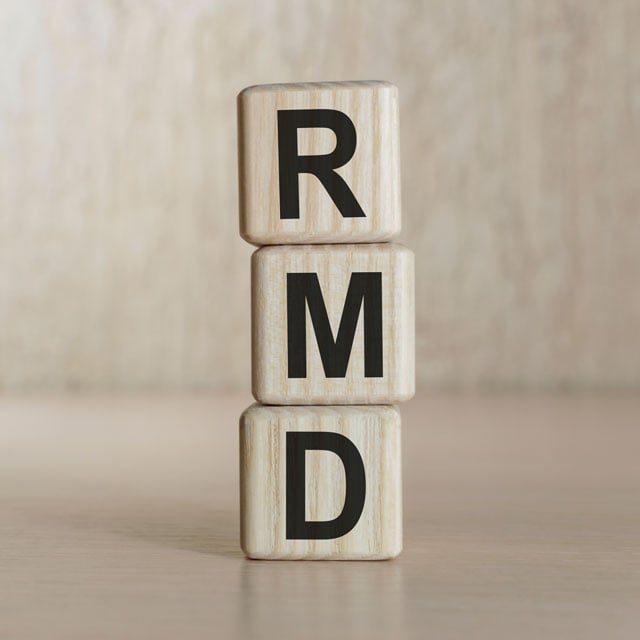Falcon
NOT FOR REPRINT
5 RMD Bills Introduced in 2021
Slideshow December 07, 2021 at 05:25 PM
Share & Print
It could be argued the required minimum distributions are the bane of retirees' existence. Under current law, participants are generally required to begin taking distributions from their retirement plans at age 72, an increase ushered in by the Setting Every Community Up for Retirement Act, or Secure, Act of 2020. Secure 2.0 — which passed the House Ways and Means Committee on May 5 — increases the RMD age to 73 starting on Jan. 1, 2022; to 74 starting on Jan. 1, 2029; and 75 starting on Jan. 1, 2032. Secure Act 2.0, known officially as the Securing a Strong Retirement Act of 2021, has not been taken up by the full House. IRA and tax expert Ed Slott of Ed Slott & Co., reiterated his view to ThinkAdvisor in a recent interview that Congress should do away with RMDs. "My feeling is they should just kill lifetime RMDs all together; there's no need for any age, for anybody to take lifetime RMDs anymore; [Congress] took care of that in the Secure Act when they put it [at a] 10-year end date for most non-spouse beneficiaries." According to the IRS, 80% of people "take the RMD amount or more because they need the money," Slott said. "So telling them they don't have to take money they need doesn't do anybody any favors. It only helps the people who don't need the money, which means they probably have larger IRAs and they'll be facing bigger tax bills later." See the gallery above for five RMD-related bills introduced this year.
NOT FOR REPRINT
© 2025 ALM Global, LLC, All Rights Reserved. Request academic re-use from www.copyright.com. All other uses, submit a request to [email protected]. For more information visit Asset & Logo Licensing.
Featured Resources
View All
Sponsored by Illinois Mutual Life Insurance Company
4 Reasons To Sell Simplified Issue Disability Income Insurance (SIDI)

Sponsored by Illinois Mutual Life Insurance Company
Simplified Issue Disability Income Insurance (SIDI): A Smarter Way to Sell and Protect






